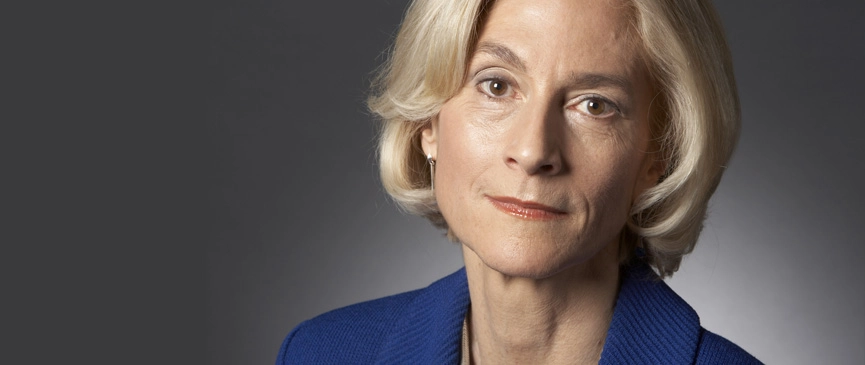Main content
Martha C. Nussbaum Prince of Asturias Award for Social Sciences 2012

Your Majesty, Your Highnesses, Prince of Asturias Award Laureates, Distinguished Authorities, Ladies and Gentlemen:
I am moved and humbled by this honor, which came as such a surprise to me. I owe warm gratitude to all of you, and to all the people of Asturias, for this recognition. There is something indeed surprising in this award, and it is to this that I want to devote my brief speech. The surprise is that I am receiving the Award for Social Sciences – and yet I am from the humanities, a philosopher who has worked not only on political philosophy but also on the nature of the emotions and the imagination, and on the problem of human vulnerability and interdependency – often turning to works of literature and music for illumination of these issues. And yet, I think it is not wrong to classify my contributions within the social sciences.
What I have done over the years is to develop (in collaboration with economists) what is known as the Human Development Approach, or Capabilities Approach. This is an approach to the measurement of national quality of life that holds that economic growth, measured by GDP per capita, is insufficient: such an approach does not really capture what people are striving for. The GDP approach ignores distribution, and thus can give high marks to nations that contain alarming inequalities of opportunity. And it also ignores the fact that a flourishing human life has many parts that vary independently of one another, and independently, too, of regional or national economic growth. A nation may have high growth without political or religious liberty; but people desire to have a voice in the shape of their political and conscientious lives. A nation can also grow well without adequately distributing opportunities for education, for health care, and for the basic preservation of bodily integrity – as my own wealthy nation, with its struggles over education and health care and its woeful record of domestic violence against women, shows all too clearly. What we have been arguing, then, is that the right measure of development is people-centered, distribution-sensitive, and plural: it reflects the fact that people don’t strive for national income, they strive for meaningful lives for themselves. By developing a list of the Central Human Capabilities, which I argue are minimum requirements of a life worthy of human dignity, I have tried to give substance to these ideas and to suggest some definite goals for all nations.
I believe this work is indeed a contribution to social science, and to development economics in particular. Economics is often narrowly focused on growth; but at its heart it is a people-centered normative discipline, and it needs what it had at its inception, the input of philosophy, to articulate the goals of a good society in a people-sensitive manner.
The importance of philosophy for economics suggests something further, which is another subject of my work: we need an education strong in humanities to realize the potential of societies that are striving for justice. The humanities give us arguments about justice, and they also nourish the imagination of human vulnerability and human striving, so that we learn about ourselves and others, rather that passively deferring to a narrow technical conception of society’s goals. It is not too bold to say that human flourishing requires the flourishing of the humanistic disciplines. I am therefore grateful to the Prince of Asturias Foundation for recognizing the humanities as a significant part of social thought for the future.
End of main content
